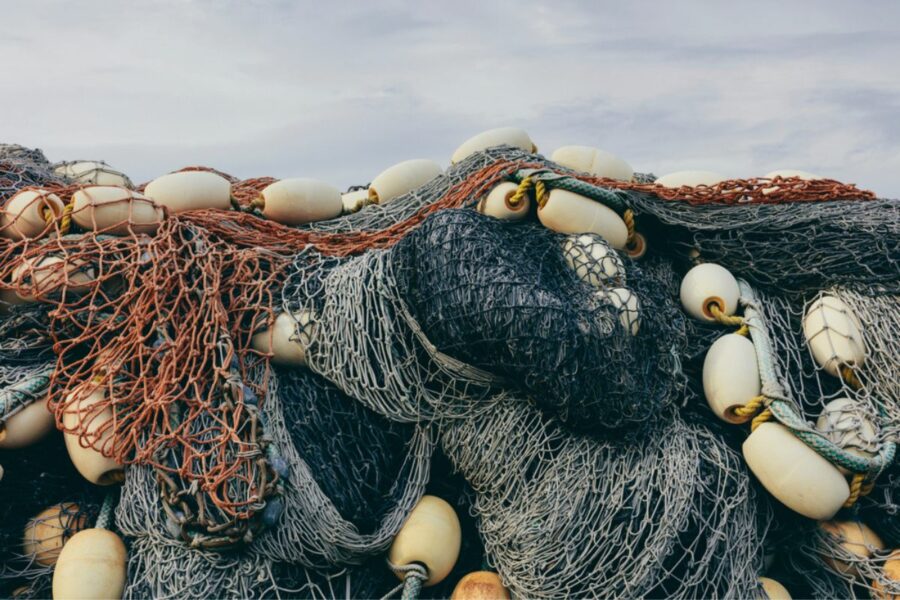Shetland and Orkney MP Alistair Carmichael outlines his view of the issues facing fishermen in Shetland and across the UK

Alistair Carmichael.
Another year, another parliamentary debate on the state of UK fishing. While I would prefer not to always have to drag the government to parliament by applying for the debate myself (time was when ministers respected fishermen enough to ensure at least one dedicated session per year themselves!), I was all too happy once again to lead the charge over a range of issues facing the industry.
The strength of feeling around concessions made to secure a deal with the EU in 2020 have turned to a determination that we get positive action on the things that matter to fishermen in the here and now.
The fishermen I talk to tell me that they are facing severe challenges in the short term like any other sector: the rising cost of fuel, costs from interest payments on loans, wage increases and general inflation. Some fear being driven out of the business altogether, simply due to those immediate concerns.
In the longer term, however, there are significant ‘big picture’ issues for the industry. If these are faced head-on then positive and productive outcomes are possible. If they are ignored, some of these issues could become existential.
The first challenge is one that has festered for some time – namely, access to crew from outside the UK. We all know the way in which the transit visa has been abused – I do not say that as a criticism – because there has been no usable alternative.
Recognition from officials that deckhands are in short supply and should be given priority for working visas was a welcome step last year, but incomprehensible language tests remain a barrier. It is in the gift of the government to fix this problem – let’s get it done.
Moving from the UK to the Scottish government’s territory, there is the scourge of gill-netting. Now that we are outside the EU, there really should be no excuse not to ban the practice outright.
Recently, however, a spokesperson from the Scottish government described gill netting as a ‘legitimate form of fishing activity’. Try telling that to fishermen who actually know what gill-netting is about and the impact it has on our local fleets. Ministers in Edinburgh must drop the complacency and pick up the pace on action.
The last key theme – but one I suspect we may have to return to with greater intensity in the coming months – was the problem of ‘spatial squeeze’. Between growing energy development, environmental efforts and other demands on our waters, the space for the catching sector seems to narrow by the year – with little sense of a plan from those in charge.
For all that arguments over a limited space of seabed may seem like the definition of a zero-sum game, there is a positive case to be made here – with better outcomes for all.
Everyone will have to compromise to some degree. Fishermen have accepted limits on their access to particular grounds already, but where there is a case for fishing rights to be restored, energy developers must be open to concessions as well. Likewise, while Marine Protected Areas and the like are here to stay, they cannot be treated by the Scottish government as an ongoing process of narrowing fishing prospects.
Our governments need to pause from chucking one policy after another into our waters for a moment, and instead take an approach that looks at all aspects. It is only through a comprehensive, impartial review of all the needs pressing on our seas, with local people at the heart of it, that we can find a comprehensive and impartial solution.
In recent years, fishermen in the isles and around the UK have had their hopes raised and then dashed by governments that see our communities as more of a symbol than a living, breathing industry. The result has been piecemeal help and harm, and short-term thinking.
The lesson of last week’s debate, and of meetings I have had with the industry over many months, is that the time is up for that worn-out method. If instead we take the long-term view – whether on spatial squeeze, gill-nets or workers – then we can ensure a vibrant, confident fishing sector for the future.
This story was taken from the latest issue of Fishing News. For more up-to-date and in-depth reports on the UK and Irish commercial fishing sector, subscribe to Fishing News here or buy the latest single issue for just £3.30 here.








